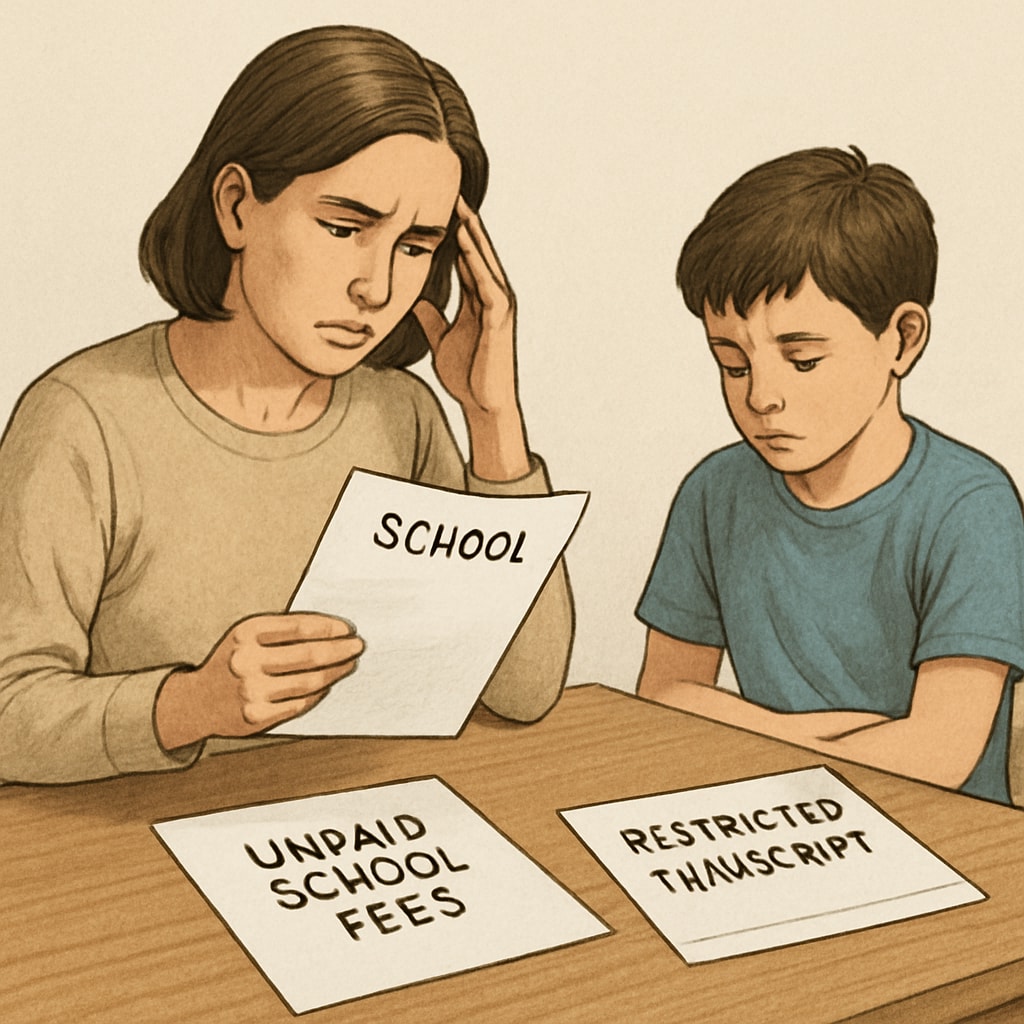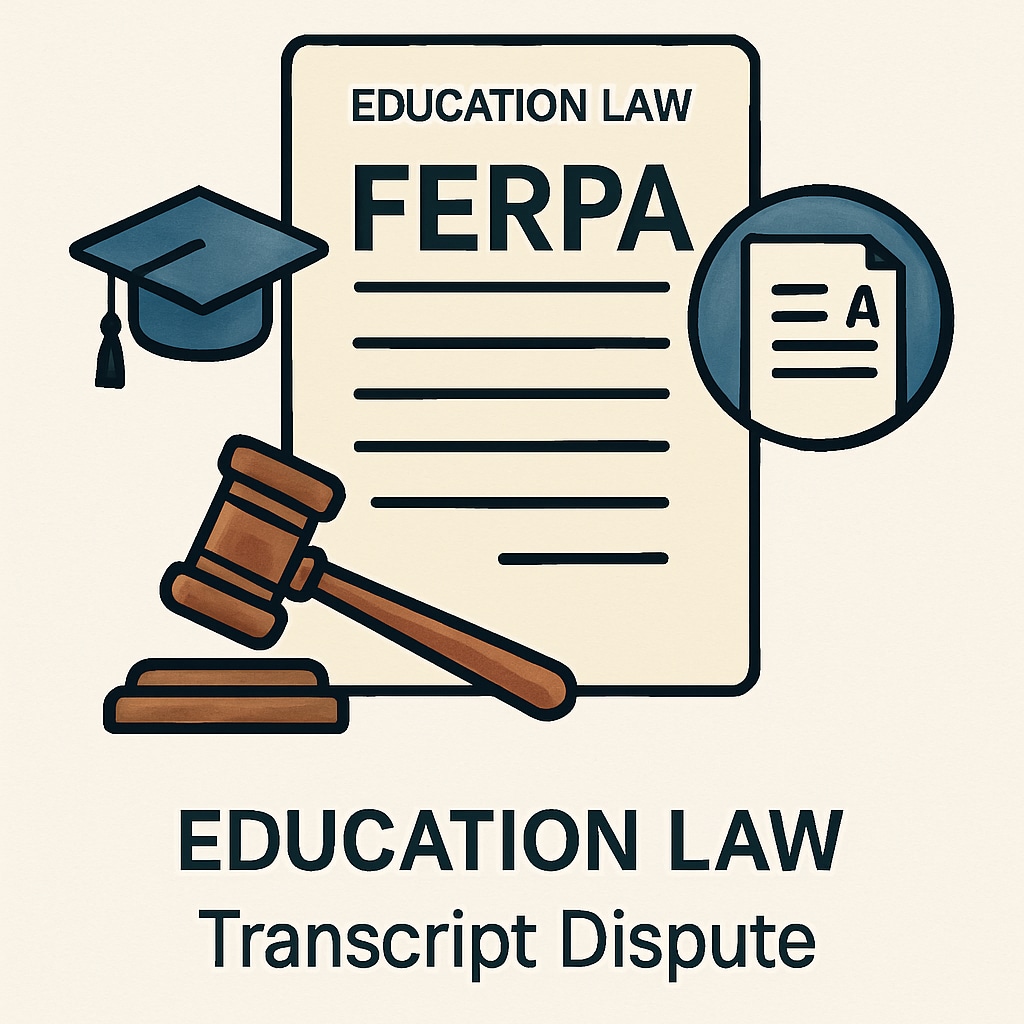For many families, accessing a child’s school transcripts can become a frustrating challenge when unpaid tuition or other fees remain. This situation is especially stressful for parents who need these records for critical purposes, such as professional licensing exams or transferring schools. Understanding your options and navigating school policies around unpaid balances is key to resolving this issue. In this article, we’ll explore potential solutions to help you obtain transcripts without full payment, while maintaining respect for institutional policies.
Why Schools Restrict Access to Transcripts
Many schools, particularly in the K-12 private education sector, have policies that restrict access to official documents like transcripts if there are outstanding balances. This practice is often justified as a way to ensure financial accountability and prevent unpaid fees from accumulating. However, these policies can create hurdles for families facing financial hardships or emergencies.
It’s important to note that public schools often have more lenient policies compared to private institutions. In some states, laws even prohibit public schools from withholding academic records due to unpaid fees. Parents should first familiarize themselves with applicable state or regional laws to understand their rights.

Steps to Request School Transcripts Despite Outstanding Fees
While navigating unpaid fees and transcript requests can be tricky, there are strategies to help you successfully obtain the records you need:
- Communicate with the school: Start by reaching out to the school administration or financial office. Explain your situation, including why the transcript is urgently needed. Transparency often opens doors for negotiation.
- Request unofficial copies: If official transcripts are restricted, ask if the school can provide an unofficial version. These may suffice for certain purposes, such as transferring to another school.
- Set up a payment plan: Schools are sometimes willing to release transcripts if you agree to a structured repayment plan. This demonstrates goodwill and a commitment to resolving the debt.
- Seek legal advice: If your request is denied and you believe the school’s policy violates local laws, consult with a legal professional specializing in education law.
These approaches combine practicality with diplomacy, helping you work within the constraints of school policies while advocating for your child’s needs.
Legal Considerations and Your Rights
In the United States, legal protections around educational records vary by state. For example, California and Illinois have laws prohibiting public schools from withholding transcripts or report cards due to unpaid fees. Private schools, on the other hand, have more discretion to enforce their own policies.
Parents can also refer to the Family Educational Rights and Privacy Act (FERPA), a federal law that governs access to educational records. While FERPA does not explicitly address unpaid balances, it ensures parents and eligible students have the right to view educational records. This provision may offer leverage in discussions with schools.

Alternative Resources for Financial Assistance
If unpaid fees are preventing access to transcripts, consider exploring financial assistance options to resolve the debt:
- Scholarships and grants: Some organizations provide scholarships or emergency grants specifically for families struggling with tuition payments.
- Community funds: Local charities or nonprofit organizations may offer support for educational expenses.
- Payment extensions: Discuss with the school whether they can extend the payment deadline or waive late fees.
These resources can help alleviate the financial burden, enabling you to meet the school’s requirements while fulfilling your child’s educational needs.
Conclusion: Balancing Financial Obligations and Educational Needs
While policies around unpaid balances and transcript access can be challenging, solutions are available. Effective communication with schools, understanding your legal rights, and exploring alternative financial resources can make a significant difference. By taking a proactive approach, you can ensure your child’s educational journey is not derailed by financial obstacles.
Remember, the goal is to find a resolution that respects both the school’s policies and your family’s urgent needs. With persistence and the right strategies, you can navigate this issue successfully.


